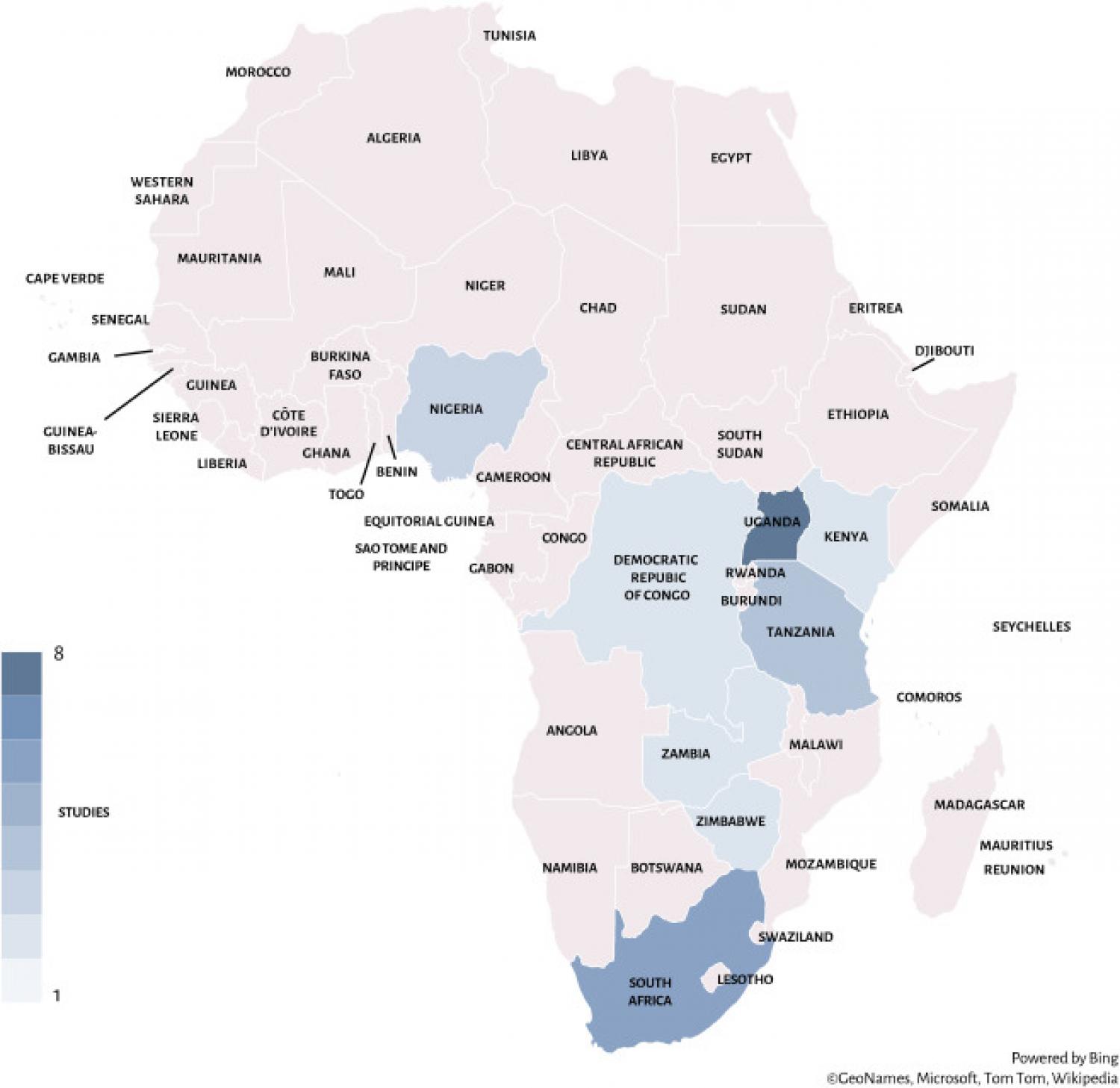
Background: Interventions targeting combined sexual and reproductive health, Human Immunodeficiency Virus (HIV) management and mental health care in sub-Saharan Africa (SSA) are few. There is a need to address common determinants of poor mental, psychosocial and sexual and reproductive health and rights (SRHR) through multimodal and multipronged interventions for adolescents. The main objective of this study was to identify whether and how interventions targeting adolescent SRHR and HIV with a focus on pregnant and parenting adolescents in SSA include mental health components and how these components and their outcomes have been reported in the literature. Methods: We carried out a two process scoping review approach between 01.04.2021 and 23.08.2022. In the first stage, we searched the PubMed database to identify studies focusing on adolescents and young people aged 10 to 24 from 2001 to 2021. We identified studies focusing on HIV and SRHR that had mental health and psychosocial aspects to the interventions. Our search yielded 7025 studies. Of these 38 were eligible based on our screening criteria that covered interventions, and on further scrutiny, using PracticeWise, an established coding system, we identified select problems and practices to provide a more granular assessment of how interventions developed for this context mapped on to specific problems. At this second stage process, we selected 27 studies for inclusion as actual interventional designs for further systematic scoping of their findings and we used the Joanna Briggs Quality Appraisal checklist to rate these studies. This review was registered within the International Prospective Register of Systematic Reviews (PROSPERO), number CRD42021234627. Findings: Our first set of findings is that when coding problems and solutions, mental health concerns were the least common category of problems targeted in these SRHR/HIV interventions; nevertheless, psychoeducation and cognitive behavioral strategies such as improved communication, assertiveness training, and informational support were offered widely. Of the 27 interventional studies included in the final review, 17 RCTs, 7 open trials, and 3 mixed designs, represented nine countries of the 46 countries in SSA. Intervention types included peer, community, family, digital, and mixed modality interventions. Eight interventions focused on caregivers and youth. Social or community ecology associated problems (being an orphan, sexual abuse, homelessness, negative cultural norms) were the most common risk factors and were more frequent than medical issues associated with HIV exposure. Our findings highlight the relevance and centrality of social issues related to adolescent mental and physical health along with the need to strengthen multimodal interventions along the lines of problems we have identified in our review. Interpretation: Combined interventions jointly addressing adolescent SRHR, HIV, and mental health have been relatively understudied, despite evidence that adverse social and community factors are rampant in this population. Funding: MK was funded by Fogarty International Center K43 TW010716-05 and lead the initiative.
